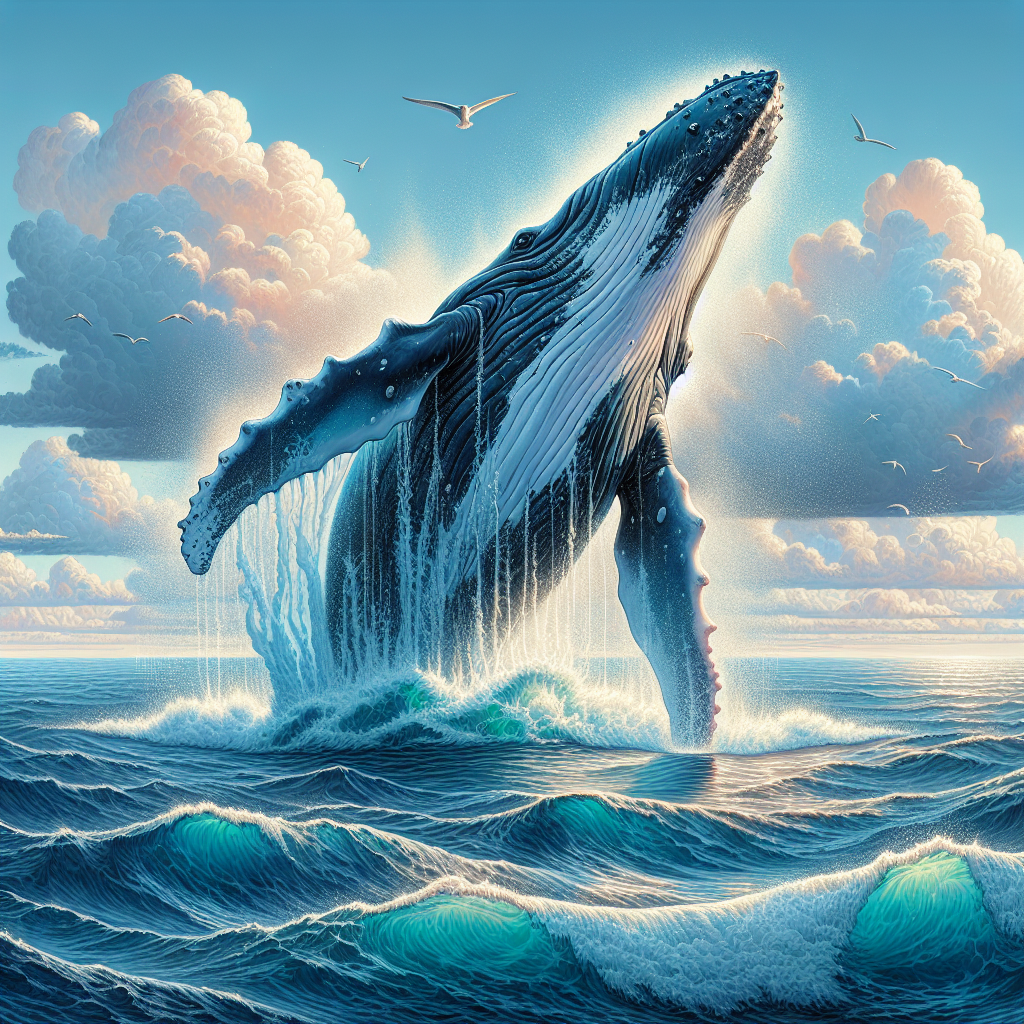Whale Discovery: Unveiling the Mystery of the Rarest Spade-Toothed Whale
Scientists in New Zealand completed the first-ever dissection of a rare spade-toothed whale, revealing intriguing evolutionary details. The whale, found with head injuries on a beach, sparked collaboration between scientists and local Maori people, highlighting both its scientific significance and cultural value.

- Country:
- Australia
In a groundbreaking scientific achievement, New Zealand researchers have completed the first-ever dissection of the world's rarest whale, the spade-toothed whale. The specimen, a near-perfectly preserved male, was discovered washed ashore on a South Island beach, marking a monumental moment for both marine science and Maori cultural heritage.
The dissection revealed fascinating biological details, including nine stomach chambers containing remnants of squid and parasitic worms, and vestigial teeth that provide insights into its evolutionary past. However, the whale's broken jaw and bruising led scientists to believe that head trauma might be the cause of its death, though the exact circumstances remain unknown.
The collaboration between scientists and local Maori communities was a unique aspect of this project, integrating Indigenous knowledge into the scientific process. Post-dissection, the whale's jawbone and teeth will be preserved by the Maori tribe, with 3D replicas to be displayed in museums. This event underscores New Zealand's status as a whale-stranding hotspot and emphasizes the cultural significance of whales as a taonga, or treasure, to the Maori people.
(With inputs from agencies.)










